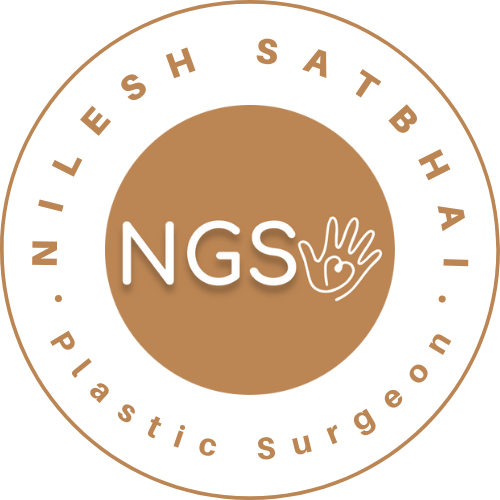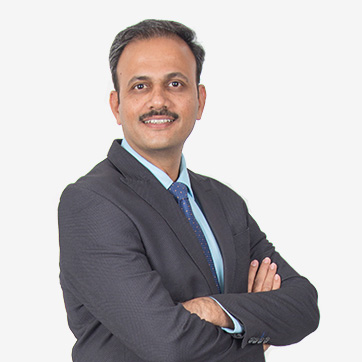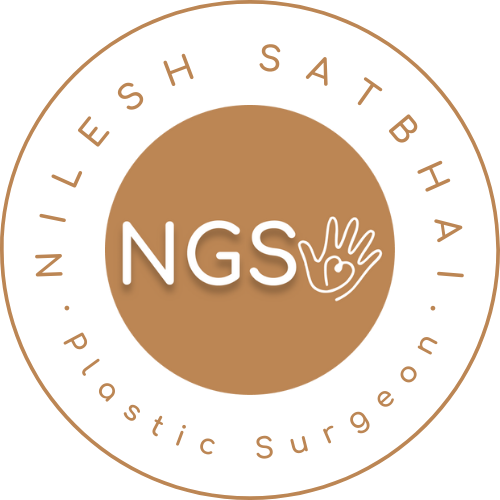We Trust Them with Our Lives, But Do We See Their Struggles?
We think of them as invincible. Calm under pressure. Capable in every crisis. For most of us, doctors are the embodiment of strength. They hold hands when we’re afraid, make life-altering decisions in a split second, and often work around the clock so others can sleep peacefully.
But behind the expertise and confidence lies a truth we don’t talk about enough: doctors are human too. And their struggles often remain unseen.
The Hidden Burden of the Healer
Every day, doctors carry an invisible weight. And it’s not just the medical challenges they face, it’s the emotional and mental strain that comes with them.
Here’s what many doctors silently endure:
-
Emotional labor: Delivering difficult diagnoses, watching patients suffer, and coping with loss, all while staying composed.
-
Decision fatigue: Making life-and-death calls under pressure, hour after hour, day after day.
-
Compassion fatigue: Being present for others’ pain continuously can slowly dull their own emotional resilience.
-
Moral injury: The inner conflict that arises when doctors are unable to provide the level of care they know patients deserve, often due to systemic constraints.
They show up every day, regardless of how little they’ve slept or how emotionally drained they feel. But even the strongest need support.
Burnout in Medicine: A Crisis We’re Not Talking About Enough
Burnout is not just about being tired. In the medical world, it’s a growing epidemic, and it’s affecting doctors across the globe.
-
A 2023 Lancet study revealed that over 60% of Indian healthcare professionals experience moderate to high levels of burnout.
-
Young doctors and surgical specialists are particularly vulnerable, facing high-pressure decisions, intense hours, and the burden of perfection.
-
Burnout often goes hand in hand with depression, anxiety, and in some tragic cases, suicide, a harsh reminder that even those trained to heal aren’t immune to suffering.
And yet, it remains largely invisible. The stigma around mental health in the medical profession means many suffer in silence, believing they must “tough it out.”
Modern Medicine Brings New Pressures
With all the technological progress, precision diagnostics, minimally invasive techniques, and advanced imaging, you’d think doctors have it easier now. But that’s not quite the case.
-
Information overload: With the advent of tools like Next Generation Sequencing (NGS), doctors are inundated with data that must be interpreted quickly and accurately.
-
Constant upskilling: Medicine is no longer a “learn once” profession. The pace of innovation means doctors must constantly stay ahead or risk falling behind.
-
Digital fatigue: From electronic medical records to remote consultations, doctors now spend more time on screens than with actual patients.
-
Heightened expectations: Patients are more informed, which is great, but it also means doctors face higher scrutiny and pressure to explain, reassure, and always have an answer.
Technology is transforming healthcare, but it’s also reshaping what it means to be a doctor, and not always in ways that nurture the human behind the professional.
The Cost of Compassion
One of the most profound, yet overlooked, burdens doctors carry is emotional residue, the quiet heaviness that comes from absorbing so much of others’ pain.
-
Grief occurs when a life is lost after trying everything.
-
Guilt even when a case was handled perfectly, but the outcome wasn’t what anyone hoped for.
-
Helplessness in the face of diseases with no answers.
-
Isolation from family and friends, especially when work-life balance becomes a distant dream.
Over time, this constant giving can lead to something called “compassion fatigue”, a state where empathy becomes dulled, not from lack of care, but from too much of it.
Why Doctors Often Don’t Speak Up
You might wonder, why don’t more doctors talk about this?
Because medicine has historically glorified stoicism, the “strong doctor” is the one who never flinches, never falters, never takes a break. Vulnerability is often mistaken for weakness.
And yet, doctors are not superhuman. They’re highly trained, highly skilled, and incredibly devoted, but they feel everything.
Many fear that admitting to stress or emotional struggle could impact how they’re perceived by colleagues or patients. So, they push on. Quietly.
Who Heals the Healers?
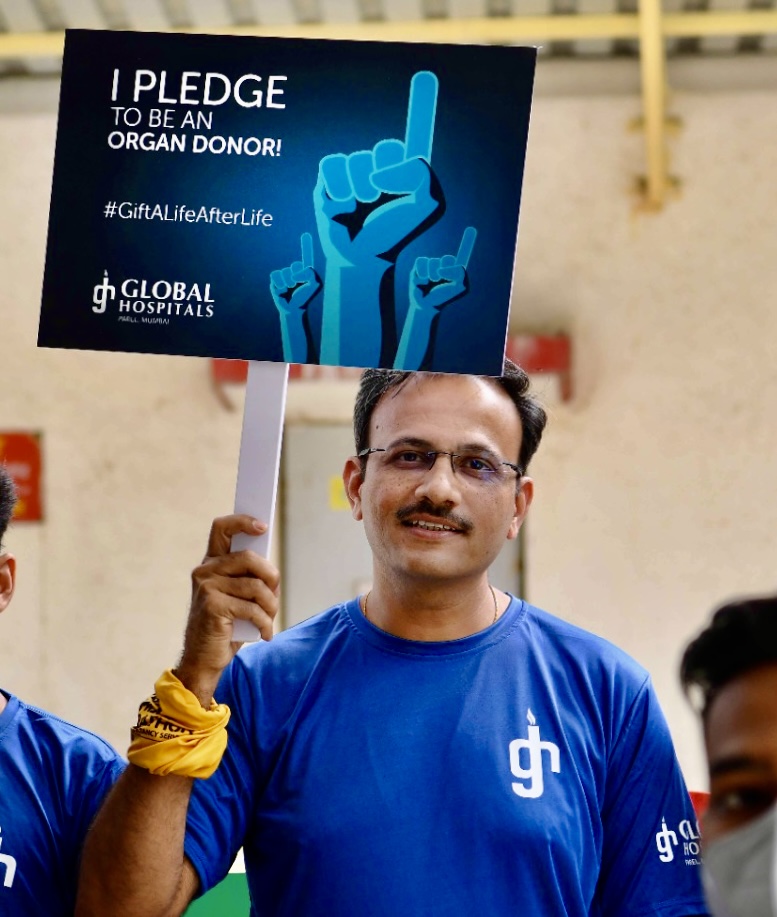
Finding joy, balance, and purpose beyond the operating room.
It’s a question we need to start asking, not just on Doctor’s Day, but every day. Because when doctors are supported, patients benefit too.
Here’s what support can begin to look like:
-
Normalizing therapy and counseling for doctors without shame or stigma.
-
Building support systems within hospitals for peer check-ins and safe spaces.
-
Reform in healthcare environments, less bureaucracy, more humanity.
-
Cultural shifts that celebrate compassion without demanding perfection.
-
Time off and emotional recovery are treated as essential, not optional.
Caring for caregivers is not just a moral obligation; it’s a systemic need.
Finding Positivity Beyond the Profession
For me, staying positive isn’t just a mindset — it’s woven into the life I’ve built outside the hospital. Surgery is my calling, but my identity doesn’t end there. I find immense joy in exploring the world through travel, capturing moments through photography, telling stories through filmmaking, and giving back through social work. These pursuits broaden my horizons and remind me of the beauty and resilience that exist beyond the operating room. They refill my cup, so I can pour into my work with renewed passion.
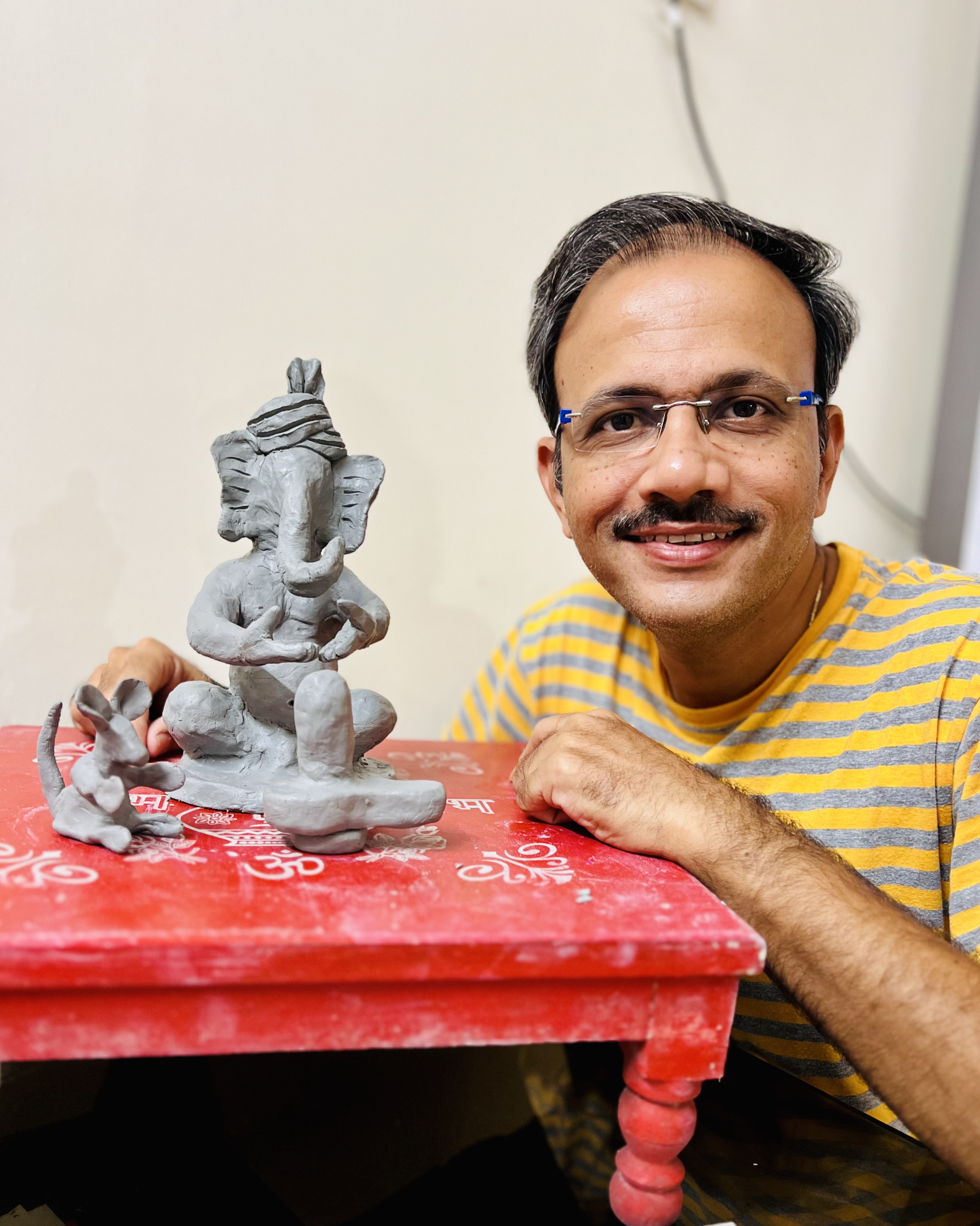
Healing hands, hopeful heart.
How I Avoid Burnout

Running, traveling, creating, giving back.
When it comes to truly keeping burnout at bay, I lean on habits that strengthen both body and mind. Running gives me a sense of freedom, yoga centers me, and regular fitness keeps me grounded and energized. Music has a unique way of lifting my spirits, no matter how tough the day has been. These aren’t mere hobbies; they’re lifelines that help me process stress, maintain perspective, and stay deeply connected to the reasons I chose this path in the first place.
Want to Know the Hands Behind the Healing?
Take a moment to explore the story of a doctor who gives his all, every single day. Behind every surgery, every steady decision, is a person with purpose and heart.
Behind the Mask Lies a Human Being

Behind the steady hands is a life rich with passions that fuel the spirit to keep caring.
That mask, symbolic or literal, hides not just fatigue, but hope, heartbreak, responsibility, and resilience.
So maybe this year, let’s not just thank doctors for their service. Let’s also acknowledge:
-
That they feel.
-
That they struggle.
-
That they give more than they get.
-
And that, just like the rest of us, they sometimes need someone to ask, “How are you really doing?”
Because trusting someone with your life means also seeing them as a life that matters, too.
